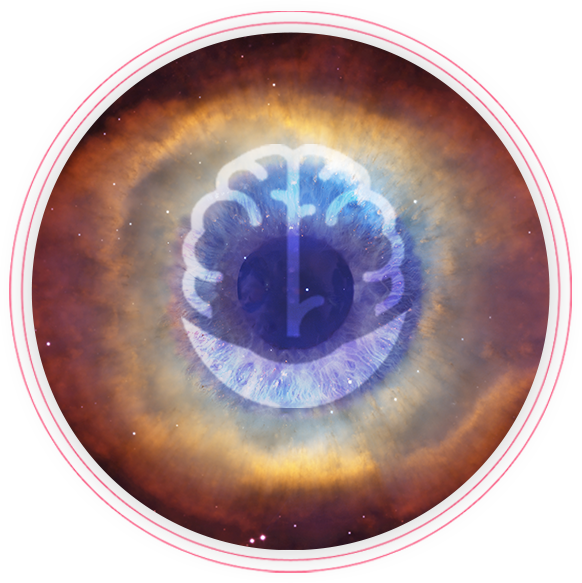Stimulant
Addiction


STIMULANTS
Including cocaine, crack cocaine, and crystal meth, stimulants of this nature are also able to be treated with Ibogaine.
Elevated levels of confidence, connection and well-being initiated by stimulants are short-lived, and quickly replaced by the need for more. Frequent use increases tolerance, so that more of the stimulant is needed to produce the same effects.
In addition to rewiring the brain to a pre-addicted state and relieving cravings post-treatment, Ibogaine has the potential to repair damage caused by cocaine, crack, or stimulants to nerve synapses. Additionally, Ibogaine has been studied for its ability to rebalance dopamine and serotonin levels in the brain to pre-addicted states, initiating a natural sense of well-being that is no longer solely induced by substance.
Case Studies
Ibogaine + Stimulants
Ibogaine has been studied for its ability to assist in stimulant detoxification,, , et al. The study states, “[Ibogaine] abolished the expression of cocaine-induced dopamine sensitization. This result demonstrates that ibogaine pretreatment can reverse one of the neuroadaptations produced by chronic cocaine administration, an effect that may contribute to its putative anti-addictive property.
Another study by Onaivi et. al concludes, “A group received 1.0 mg/kg cocaine for 14 days, and upon abrupt cessation from cocaine treatment, Ibogaine 2.5 mg/kg was administered to a subgroup. Ibogaine reversed the withdrawal aversions produced by the abrupt cessation from cocaine administration.
Among other substances, stimulants including cocaine and crack were observed in a study by Schenberg et. al, stating, “To evaluate the efficacy of Ibogaine, we conducted a retrospective analysis of data from 75 previous alcohol, cannabis, cocaine and crack users, and found 61% of participants abstinent. These results suggest that the use of Ibogaine supervised by a physician and accompanied by psychotherapy can facilitate prolonged periods of abstinence, [and that] Ibogaine can be a safe and effective treatment for dependence on stimulant and other non-opiate drugs.
One ibogaine study found that, “For the treatment of addiction to stimulant drugs (e.g., cocaine, amphetamine and its methylated derivatives), data indicate that Iboga agents might attenuate stimulant self-administration by reversing the neuroadaptations theoretically implicated in drug craving and compulsive drug-seeking behavior.
